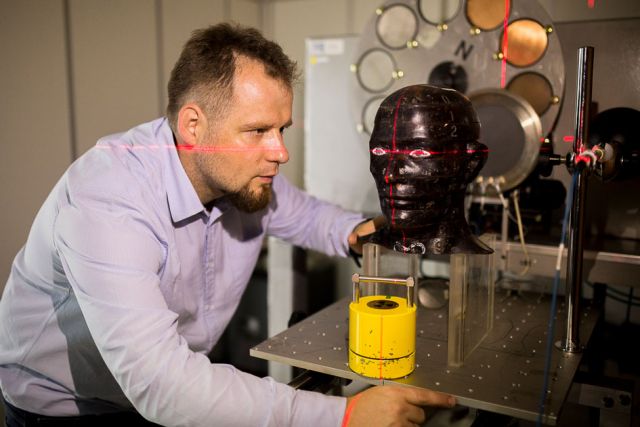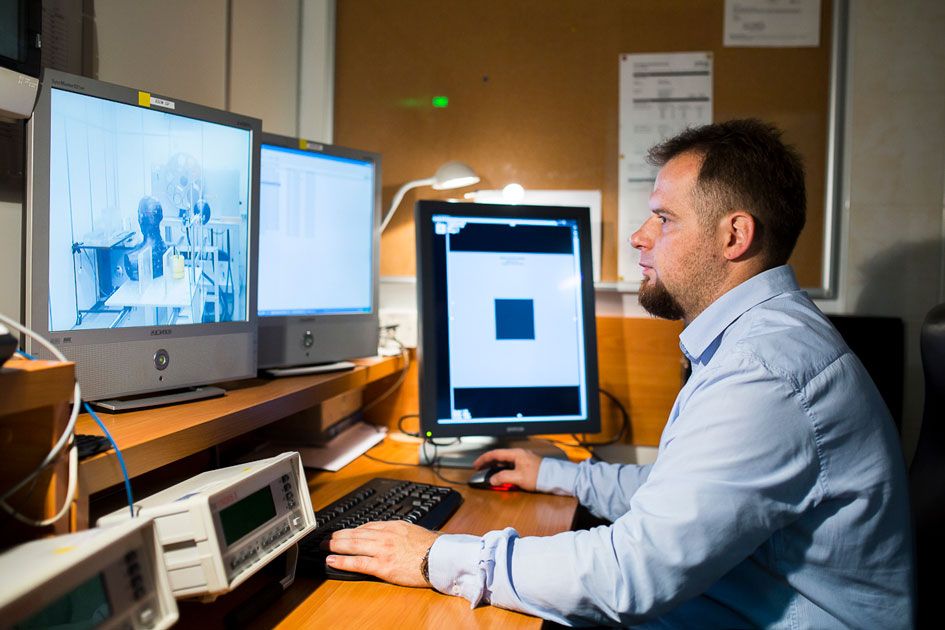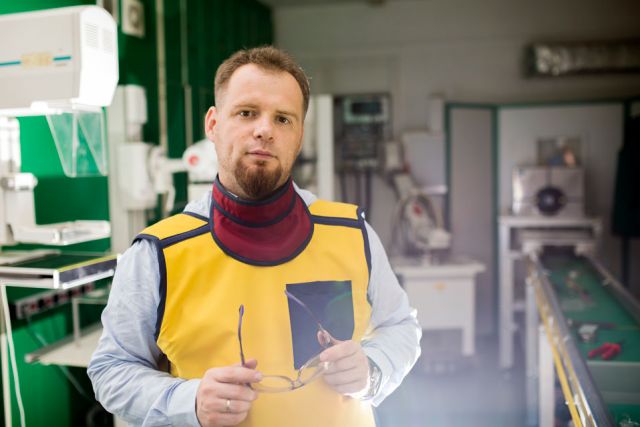A new call on Personalised Medicine for Neurodegenerative Diseases
The EU Joint Programme – Neurodegenerative Disease Research (JPND) initiative launched a new joint transnational call for multinational research projects on personalised medicine for neurodegenerative diseases. The call is launched in partnership with the European Commission and has a budget of ca. EUR 30 M.
Neurodegenerative diseases are debilitating and still largely untreatable conditions. They are characterised by a large variability in their origins, mechanisms and clinical expression. When searching for a medical solution, e.g. a treatment or an optimised approach for care, this large variability constitutes a major hurdle if not controlled. Indeed a treatment addressing one disease pathway may not be useful for all patients experiencing the relevant symptoms. Thus, one of the greatest challenges for treating neurodegenerative diseases is the deciphering of this variability.
The following neurodegenerative diseases are included in the call:
- Alzheimer’s disease and other dementias
- Parkinson’s disease and PD‐related disorders
- Prion diseases
- Motor neuron diseases
- Huntington’s disease
- Spinocerebellar ataxia (SCA)
- Spinal muscular atrophy (SMA)
JPND has chosen to focus in the area of Precision Medicine, which relates to the targeting of specific elements responsible for pathology in a given individual at a particular point in time. It is an emerging approach for disease prevention, diagnosis and treatment that takes into account individual variability in genes, biological/molecular characteristics together with environmental and lifestyle factors.
Thus, the call focuses on Precision Medicine in the following research areas:
- Diagnosis (e.g. biomarkers, imaging data, omics approaches, big data analyses)
- Prevention (e.g. biomarkers for studying novel treatments and interventions, co-morbidities, digital technologies, stratification within cohort studies and clinical trials)
- Care (e.g. improvement of social and health care systems, molecular profiling, imaging, lifestyle data)
A two-stage application procedure (pre-proposals and full proposals) will be open for consortia composed of researchers from at least three countries participating in the call: Australia, Belgium, Canada, Czech Republic, Denmark, Finland, France, Germany *, Hungary, Ireland, Israel, Italy Latvia, Luxembourg, the Netherlands, Norway, Poland, Portugal, Romania, Slovenia, Spain, Sweden, Turkey and the United Kingdom.
*to be confirmed
All applicants are advised to check the relevant national eligibility criteria and requirements, as those provide important information, for instance on how to fill out the budget tables.
Draft timetable for applications:
- Deadline for pre-proposal submission: 12th March 2019, 15.00 CET
- Deadline for full proposal submission: 25th June 2019, 15.00 CET
- Submission deadline for UNISONO proposals for the participating Polish teams: 2nd July 2019, 23.59 CET.
- Notification of accepted proposals: October 2019
Projects duration: 24 or 36 months.
Call documents:
For more information please visit the call website:
Contact:
- dr Małgorzata Hasiec, tel. 12 341 9153
- Marlena Wosiak, tel. 12 341 9093
Information for Polish applicants:
- We strongly encourage all applicants to read information on rules of participation and eligible costs included in the Annex to NCN Council’s Resolution on funding granted within calls for proposals for international research projects (UNISONO).
- At the pre-proposal stage Polish applicants are not required to send any additional documents to the NCN.
- Up to 7 days from the full proposal stage (no later than 2nd July 2019) Polish applicants must submit their national applications in the ZSUN/OSF submission system. The application will include a budget that should be calculated according to the Annex to NCN Council’s Resolution on funding granted within calls for proposals for international research projects (UNISONO).
- If one international project includes partners from two or more different Polish Host Institutions, these institutions apply as a group of projects. Each entity within the group has a separate budget, but the limit on the remuneration applies to the group as a whole (please see UNISONO). Please note that groups of projects have higher limits on the remuneration.
- Projects including Polish teams may last 24 or 36 months.
- Budget of the Polish part of the research project in the ZSUN/OSF system should be given in PLN: 1 EUR= 4,1733 PLN.




